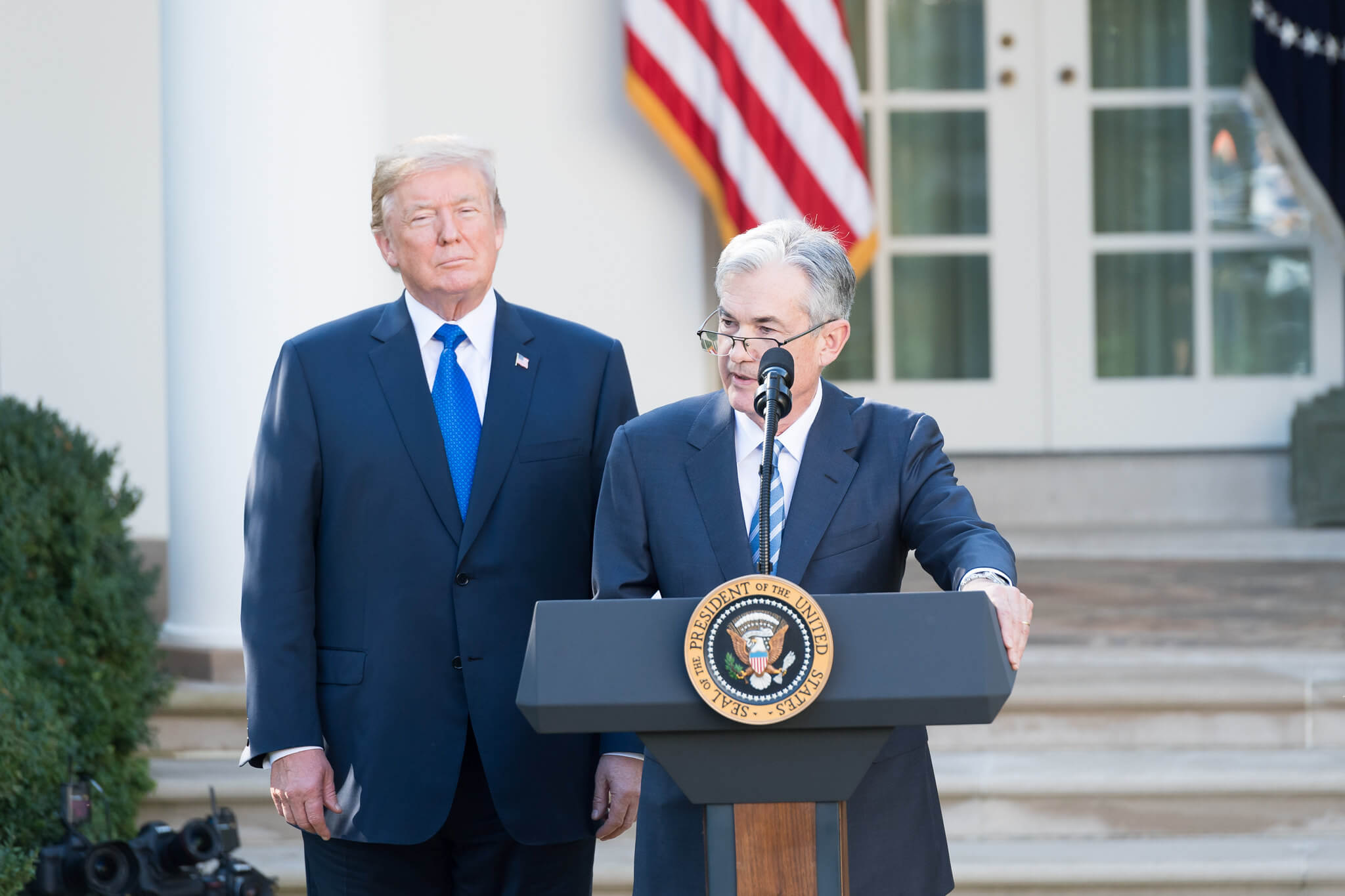Defend Norms, Don't Violate Them
The malignant deviance from normative behavior that is the Trump presidency took a turn for the worse this past week.
The malignant deviance from normative behavior that is the Trump presidency took a turn for the worse this past week. In the space of seven days the President: 1) Fired the FBI Director for pretextual reasons that were immediately denied a day later; 2) Disclosed (apparently unknowingly) code-word sensitive intelligence gathered by an ally, because (as the President's National Security Advisor has said) he didn't realize it was classified; and 3) As was revealed just yesterday, tried to cajole the FBI Director into dropping the investigation of an associate of his—an effort that casts the aforementioned dismissal in a far dimmer light. It is enough to make one yearn for the halcyon days of only modest norm deviance—back, say, when the gravest concern was that all of the US Attorney's had been summarily dismissed from office. Where this sad tale ends is anyone's guess.
I continue to be gravely concerned, however, by the all-too-tempting trend of the President's opponents to follow him into normative deviance. As I've said before, you cannot defend norms by breaking them—however much the motivation to do so is noble. The past week raises two cases in point:
- The President's "decision" to release classified information to the Russians is tragically wrong. The apparent ease with which members of the intelligence community rush to themselves leak classified information to the press is criminal—there are no two ways about it. The President's disclosure to the Russians of classified information (and the subsequent efforts to mitigate the effects of the disclosure) are themselves classified information—almost certainly at the same level of sensitivity as the underlying classified information. Conservatives, like me, who saw in Edward Snowden a felon cannot now excuse identical conduct simply because the intended end of the disclosure is more condign. I shudder at the idea that a whole generation of intelligence professionals is now being trained in the norm that "it is OK to leak to the press if the President really sucks." That isn't the rule of law and it isn't a system we should encourage. We can (and should) hold the President to account for his exceedingly poor judgment, but we should not brush aside the significant transgression of those who brought us the information.
- Likewise, FBI Director Comey's release of his memorandum (or, perhaps, the release of it by associates of his) violates any number of norms of behavior. A President's conversations with his subordinates are not just confidential—they are typically subject to claims of privilege. These particular conversations are arguably protected by executive privilege; deliberative process privilege; and presidential communications privilege. And if so protected, the privilege against disclosure was not Director Comey's to waive. Again, I shudder at the prospect of presidential subordinates who learn from this behavior that it is OK to unilaterally defease the President of his prerogatives if it is for a good cause. Before we rush to beatify Mr. Comey (whose norm-breaking behavior seems of a pattern with his wading into the Clinton email mess) let us again be careful to acknowledge that he went about the disclosure the wrong way. Again, the ends do not, it seem to me, justify the means and I can think of any number of lawful avenues that might have been pursued to make this information available.
The Trump era will end at some point and with it much of the norm-defying deviance that is tied to his personal behavior. One President of rectitude (a post-Nixon, Ford) can restore much of the damage. But systematic normative transformation across agencies, institutions, and large swaths of the workforce cannot be so readily undone. I worry as much, if not more, that we are changing fundamentally critical aspects of Federal governance in ways that cannot be readily fixed.





